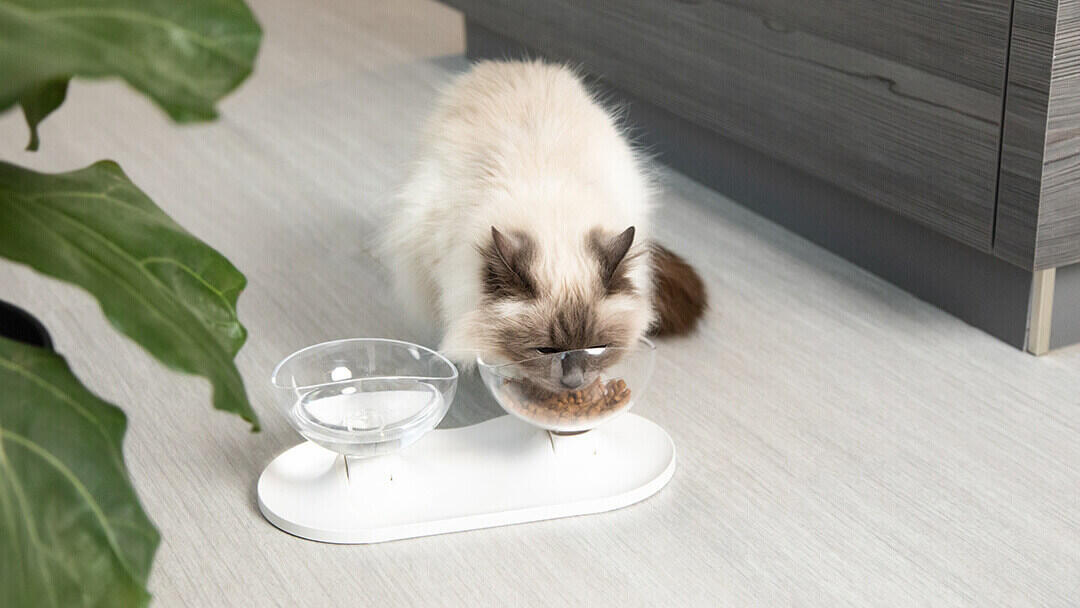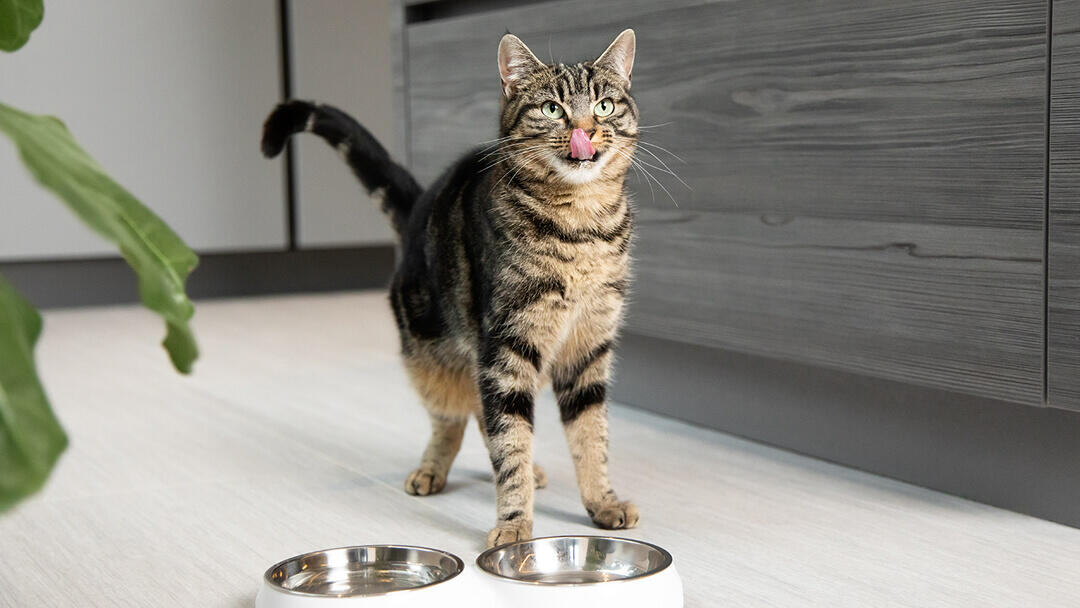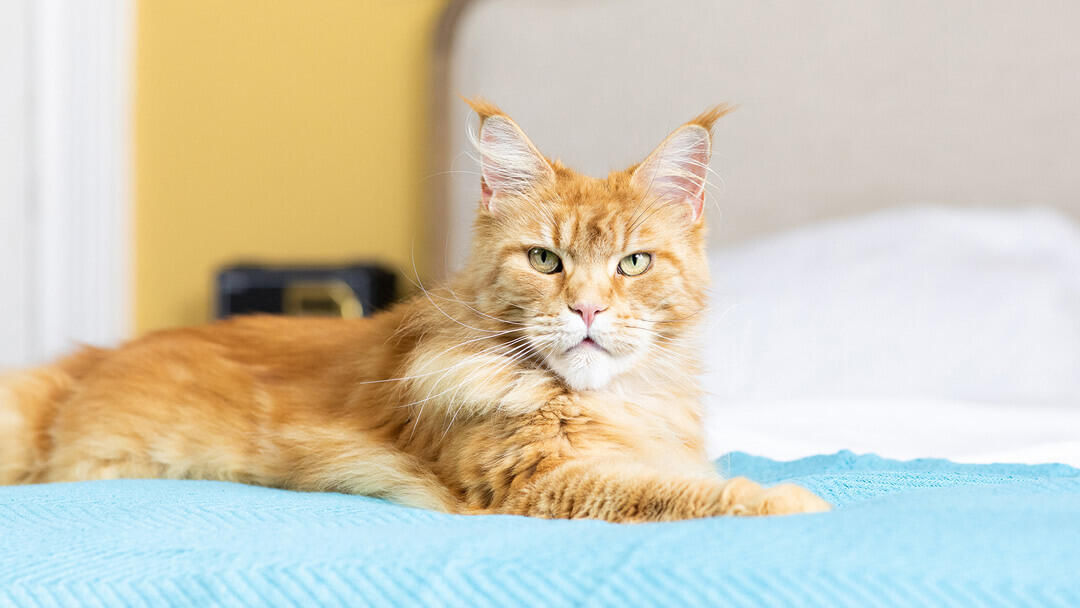
Cats love to scratch, climb and adventure around the house, and outside too. However, this can sometimes get them into trouble, especially if they come into contact with something that they shouldn’t.
Have you ever wondered whether there are some plants in your garden your cat shouldn’t be eating? In this article, we will answer whether lilies are poisonous to cats or not.
Are lilies poisonous to cats?
Yes, lilies that are from the ’true‘ lily family are toxic to cats, and the entire lily plant, including the petals and pollen, can cause harm to your feline friend. In fact, the pollen is particularly toxic and is readily swallowed during grooming. The true group of lilies includes Easter, Rubrum, Asiatic, Day, Stargazer, Japanese and Tiger lilies.
Lilies are nephrotoxic, which means that they can cause kidney damage. Eating even a small amount may result in kidney failure and can be fatal. If you think that your feline may have come into contact with a lily, you should seek veterinary attention right away.
However, not all lilies are poisonous to cats, while some species such as Calla, Peace and Peruvian lilies do not cause kidney damage, but can still cause irritation and gastrointestinal signs if ingested. To avoid your cat coming to any harm, it is a good idea to cat-proof your garden.
Are calla lilies toxic to cats?
Calla lilies are toxic to cats. This is because they contain calcium oxalate crystals. When ingested, the crystals cause severe irritation to the inside of your pet’s mouth. As these crystals make their way further down the GI tract, they can cause severe irritation here too.
Typical signs of calla lily ingestion include drooling, or scratching at the mouth
Are peace lilies poisonous to cats?
Peace lilies are similar to calla lilies in their toxic effects, as they also contain calcium oxalate crystals. If a peace lily is ingested, it’s best to speak to your vet for advice.
Your cat may show clinical signs (or symptoms) such as drooling, vomiting or loss of appetite if they have ingested these lilies.
Signs of lily poisoning in cats
You may notice signs of lily poisoning in cats as soon as 2 hours after ingesting the flower, pollen, or other part of the plant. The signs will most likely be in the form of vomiting, drooling or loss of appetite.
Occasionally, vomiting may stop a few hours after ingesting the plant. However even if this is the case, it is essential that your cat gets urgent veterinary treatment. Taking your cat to the vet as soon as possible is key to increasing the chances of recovery.
What should I do if my cat has ingested lilies?
If you have a suspicion that your cat has ingested a lily flower or part of one, or your cat appears to be showing signs of lily poisoning, then you need to take them to the vet straight away. The sooner the vet can assess your cat and the symptoms they are showing, the better the outcome will be for your feline. Many vets will ask questions about the type of lily plant that has been ingested, so, if possible, take a sample of this with you to speed up the process.
What is the treatment for lily poisoning in cats?
Cats that have been affected by lily poisoning require intensive treatment, and it is likely that they will need to be admitted to the vet clinic for treatment. Sadly there is no antidote to lily poisoning, so your vet will focus on supportive care.
This is likely to include some of the following:
- Induce vomiting
- Empty the stomach of your cat
- Remove any remaining lily pollen from the skin and coat
- Intravenous fluids (a ‘drip’) to flush out any toxins in the bloodstream and support your cat’s kidneys
Some vets may also reduce further absorption of the lily by feeding your cat activated charcoal, however, this will only be administered if your cat has recently ingested a lily flower or other part of the plant.
How long will it take for my cat to recover from lily poisoning?
Depending on the severity of your cat’s signs and how much lily they have ingested, with prompt veterinary treatment your cat may recover. As a result of lily poisoning, some cats may suffer from kidney damage. It may be possible to manage this damage with the use of a fluid drip and other medication prescribed by your vet.
More severe cases will result in more severe outcomes and lengthier recoveries - your cat’s overall recovery will depend on how quickly they are seen by a vet once any lily has been ingested.
How to prevent lily poisoning from happening to your cat
Of course, no owner wants their pet to suffer from poisoning. The best way to keep your cat safe from the risk of lily poisoning is to make sure you remove all lily plants from inside the house and cat-proof your home. Don’t forget to cat-proof your garden too and plant some safer cat-friendly plants instead.
That’s our guide to how lilies and cats don’t mix. Want more advice on making your home as safe as possible for your feline? Read our guide on plants poisonous to cats, next.










